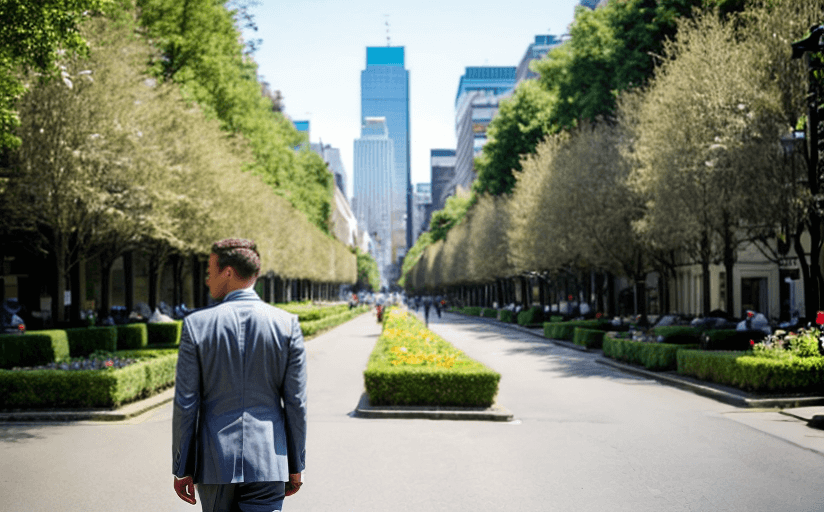The Benefits and Drawbacks of Urban Gardening
Urban gardening is becoming increasingly popular and for good reason. It can provide access to fresh, healthy food, help the environment, and connect people with nature. However, there are also potential drawbacks to consider, such as access to resources, environmental sustainability, cost, and time required to maintain an urban garden. Let’s take a closer look at the pros and cons of urban gardening.
Access to Resources
One of the biggest benefits of urban gardening is that it provides access to fresh, nutritious food. In urban areas, it can be difficult to find affordable produce, so growing your own is a great way to ensure a steady supply of healthy food. Urban gardens also typically require fewer resources than traditional farming, such as water, fertilizer, and land. This means that people in urban areas can easily access the resources they need to grow their own food.
Environmental Sustainability
Urban gardening can also help improve the environment. Growing your own food reduces the need for transportation and processing of food, which can reduce emissions and other pollutants. Additionally, urban gardens often use natural methods of pest control and fertilization, which are better for the environment than chemical-based methods. Urban gardening can also help capture stormwater runoff, prevent soil erosion, and create habitats for wildlife.
Cost
Urban gardening can be relatively affordable, depending on the size of the garden and the resources needed to maintain it. For example, a small container garden will require fewer resources and, thus, less money than a larger garden. Additionally, urban gardens can be tailored to fit any budget, as there are many options for inexpensive containers, soil, and other supplies. However, it’s important to remember that some supplies will need to be replenished periodically, which can add to the cost.
Time Required to Maintain an Urban Garden
Urban gardening can take a significant amount of time, depending on the size and complexity of the garden. Smaller gardens typically require less upkeep, but they can still require regular watering, weeding, and fertilizing. Larger gardens, on the other hand, can require more time and effort to maintain. Additionally, urban gardens often need to be monitored closely to ensure that pests and diseases don’t take hold.
Conclusion
Urban gardening can be a great way to access fresh, healthy food and help the environment. However, it is important to consider the potential drawbacks, such as access to resources, environmental sustainability, cost, and time required to maintain an urban garden. With careful planning and consideration, urban gardening can be a rewarding and sustainable activity.















Comments
Leave a Comment